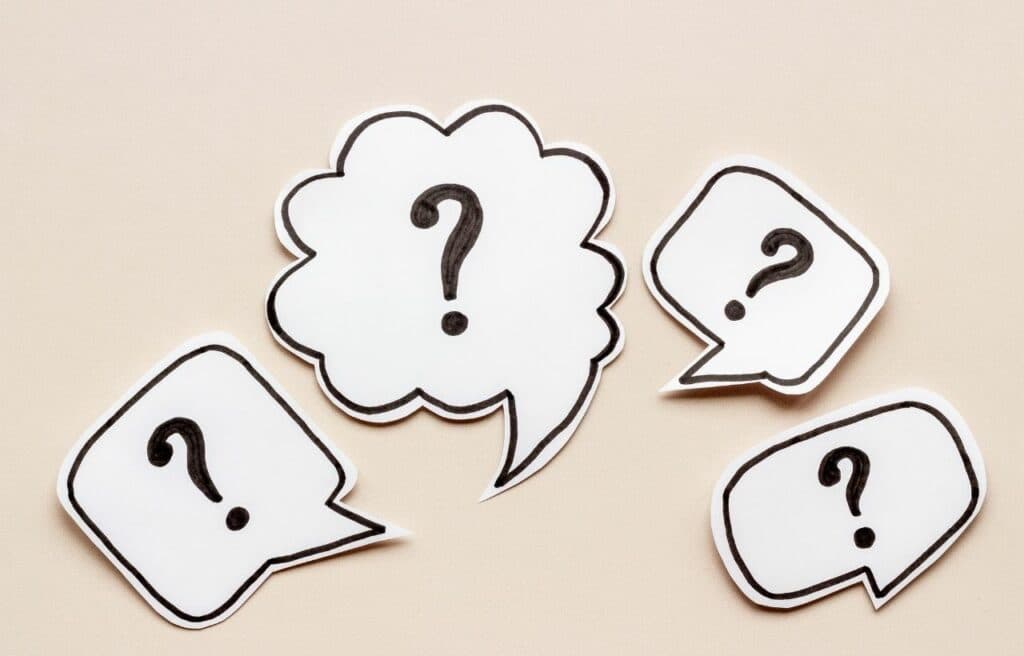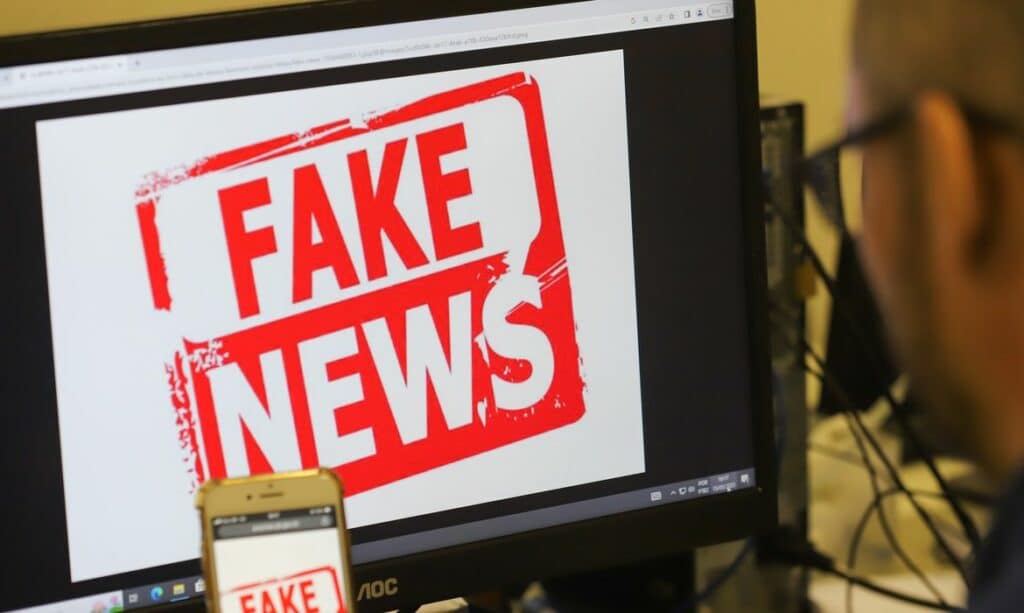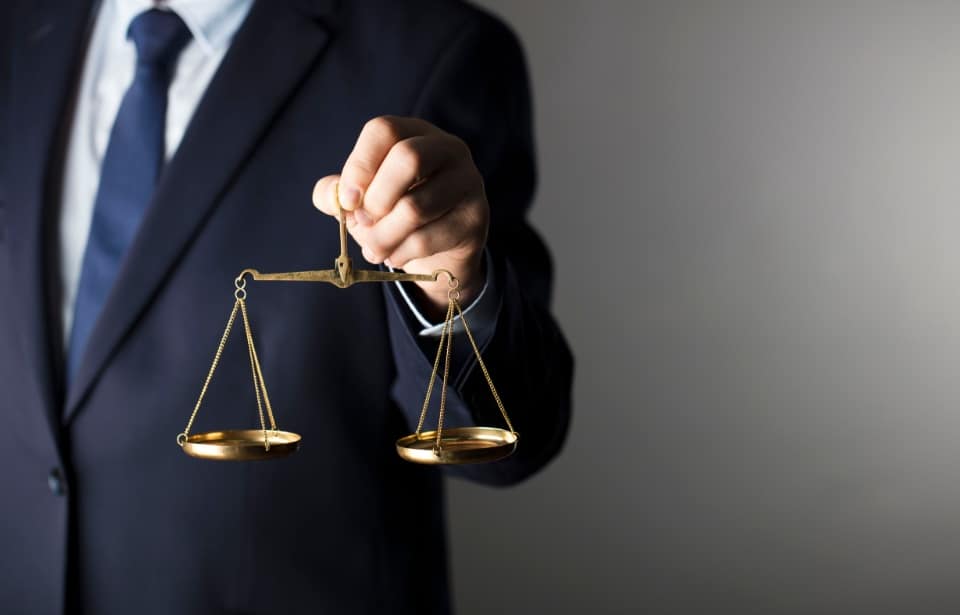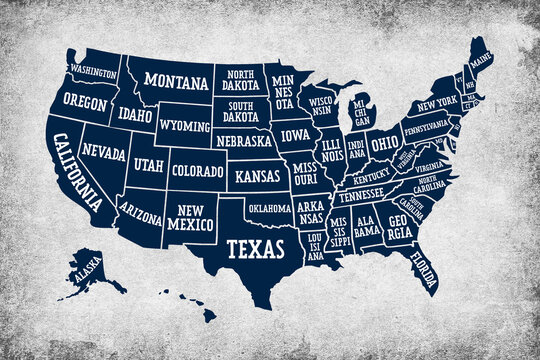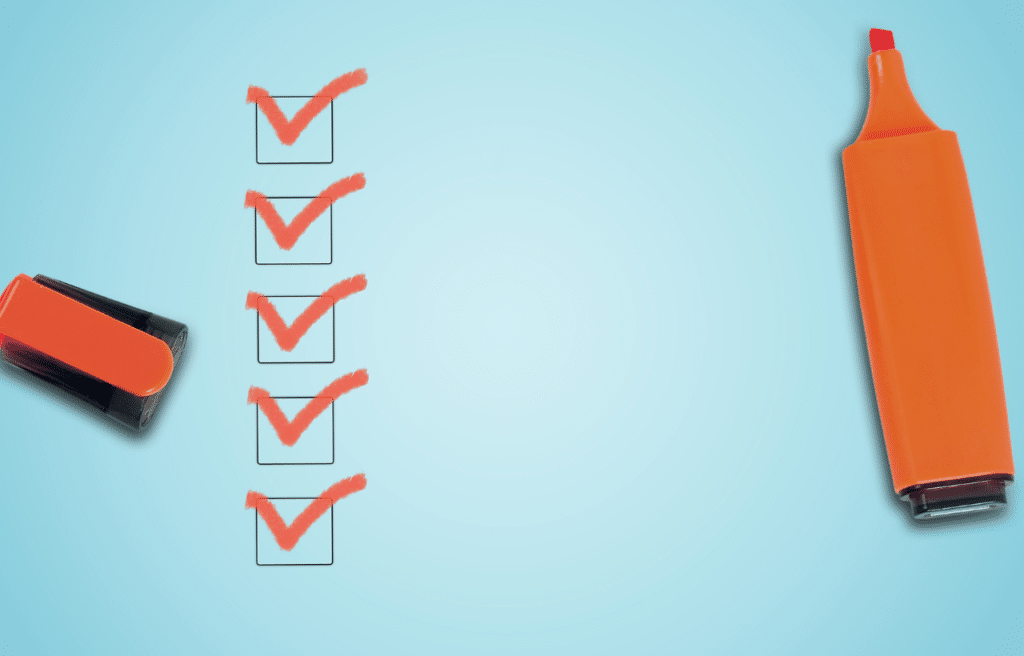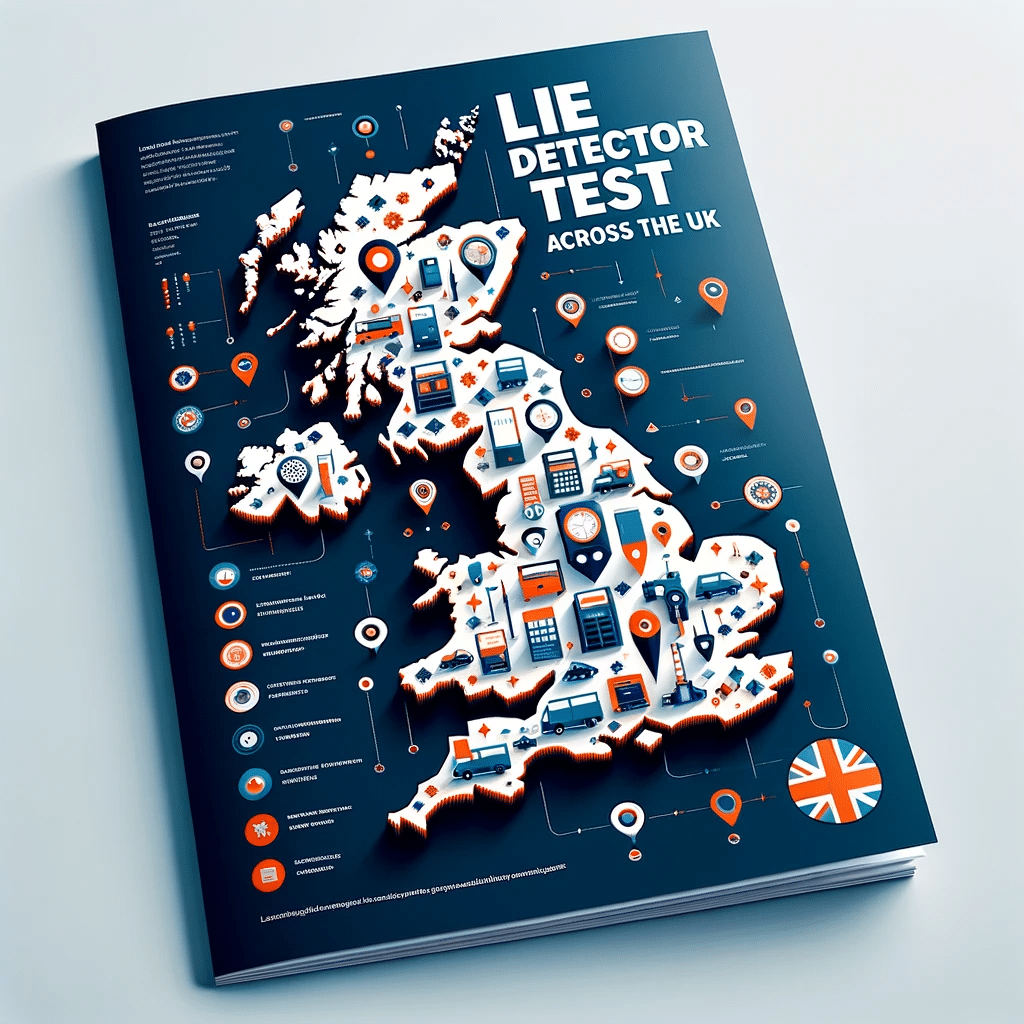10 Most Asked Questions During Lie Detector Tests
Preparing for a lie detector test? Get insights into the most common questions asked during polygraph exams in both government and private sectors, including specific queries for infidelity cases. This article offers a comprehensive guide to help you understand and prepare for the types of questions you might face, whether for professional screening or personal matters. Stay informed and ready for your upcoming lie detector test.

